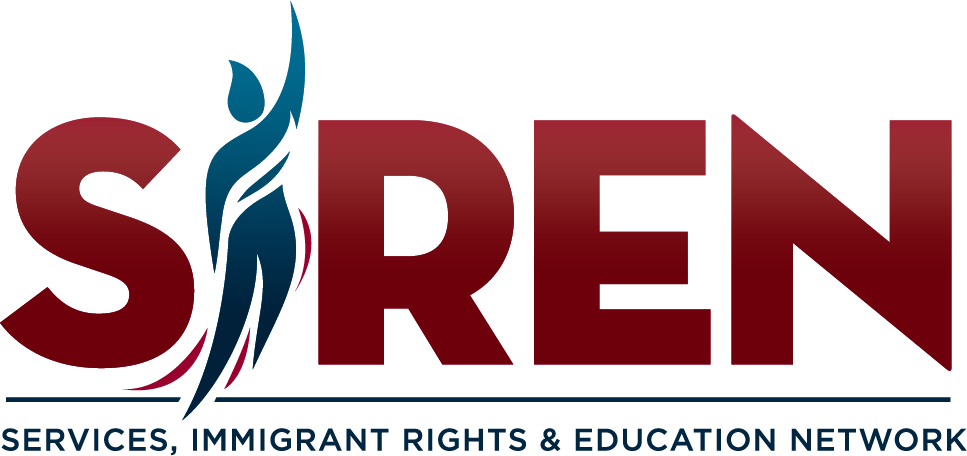Administrative Relief – What We Need and When We Need It
/Back in June, President Obama made a commitment to exercise his power to fix the broken immigration system. In the face of Congressional inaction on immigration reform and recognizing the contributions that immigrants make every day to this country, the President had come a long way towards acknowledging the authority the Administration has in improving the lives of immigrants. Across the country, community members and advocates have been awaiting with eager anticipation for his expected announcement on executive action slated for September.
Yet, it appears that there is a chance that the President could now be backpedaling with reports emerging that he may delay his announcement until after the elections. The time is now for the President to exercise his executive authority to provide affirmative relief to those facing deportation and reform harsh enforcement practices and policies within the current immigration system. At this moment, community members must continue to call for swift Presidential action and make clear what we stand for when it comes to administrative relief.
As a member of the Santa Clara County Coalition for Immigration Reform, SIREN calls upon the President and his Administration to unveil executive action that embodies the following principles:
- Expansion of programs that prevent the deportation of undocumented immigrants. The Administration should grant, on a case-by-case basis, deferred action with work authorization to undocumented immigrants who have strong community ties, including, but not limited to, parents, spouses, and siblings of U.S. citizens, green card holders, and recipients of Deferred Action for Childhood Arrivals (DACA). Any such program should be instituted in a manner that is affordable for potential applicants and provides resources to local organizations assisting individuals seeking to apply.
- Protection of family unity. The Department of Homeland Security should parole in immediate relatives of individuals with pending immigrant visa applications as they await the adjudication of their case. The agency should also count family immigrant visa beneficiaries as one unit to reduce family visa backlogs. In addition, the agency should expand the use of provisional waivers from within the United States for those with deep ties to the country, allowing them to avoid triggering bars upon re-entry.
- Reform of enforcement priorities and practices. The Department of Homeland Security, within its prosecutorial discretion policies, should clarify that status violations and nonviolent low-level offenses do not make individuals a priority for deportation. In addition, the agency should screen every individual apprehended for prosecutorial discretion and establish a review process for all cases where discretion is not exercised.
- Protections for immigrant workers. The broken immigration system has allowed employers to create a second class of workers, which has effectively reduced working standards for all workers. Having a second-class workforce exposes workers to unscrupulous employers and dangerous working conditions. Administrative relief must include protections for workers such as ensuring workers who exercise their labor rights can obtain immediate affirmative immigration status and work authorization; prohibiting worksite enforcement of immigrant laws; and ending E-Verify and I-9 audits.
- Due process protections, detention reform, and prohibitions on state and local enforcement of immigration laws. While the Administration should provide affirmative relief to as many individuals as possible, for those who may still be ensnared in the deportation system, the process should be improved to protect individuals’ rights. In order to protect due process, the Department of Homeland Security should limit deportations without hearings. In addition, the agency should prioritize alternatives to detention, particularly for individuals who do not pose a flight risk or danger to the community, and institute enforceable detention standards. The agency should also end the use of detainers, 287(g), and Secure Communities programs that result in racial profiling and diminish trust between immigrant communities and law enforcement.
It was because of the community’s momentum and power that we moved the President to commit to taking action. We must continue to tell the President that he must keep this commitment and announce administrative relief that reflects principles that strengthen immigrant communities. Here are a few ways organizations and individuals can make your voice heard:
For organizations, endorse the principles for administrative relief put forth by the Santa Clara County Coalition for Comprehensive Immigration Reform
For individuals, sign the petition to the President asking him to move forward in announcing administrative relief
Our continued prosperity and success depends on our ability to build integrated, cohesive communities that honor our shared values of family, hard work, and opportunity for all. That is what administrative relief will help us achieve - let’s make sure we get there together.



